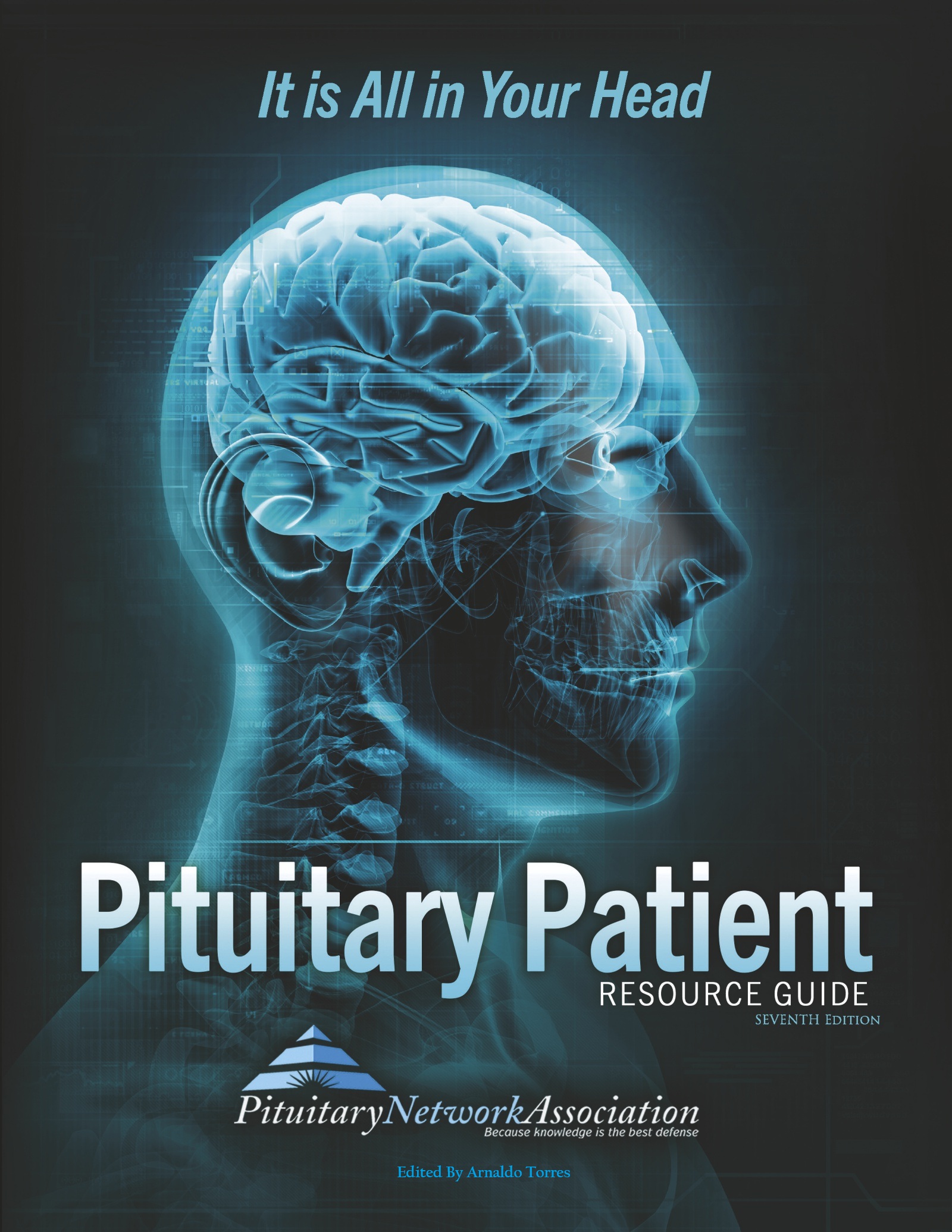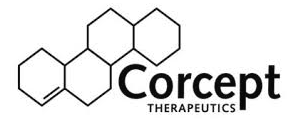Hypopituitarism
Hypopituitarism is a general term that refers to any under function of the pituitary gland. This is a clinical definition used by endocrinologists and is interpreted to mean that one or more functions of the pituitary are deficient. The term may refer to both anterior and posterior pituitary gland failure.
Causes of hypopituitarism
Deficient pituitary gland function can result from damage to either the pituitary or the area just above the pituitary, the hypothalamus. The hypothalamus contains releasing and inhibitory hormones which control the pituitary. Since these hormones are necessary for normal pituitary function, damage to the hypothalamus can also result in deficient pituitary gland function. Injury to the pituitary can occur from a variety of insults, including damage from an enlarging pituitary tumor, irradiation to the pituitary, pituitary apoplexy, trauma and abnormal iron storage (hemochromatosis). With increasing damage there is a progressive decrease in function. There appears to be a predictable loss of hormonal function with increasing damage. The progression from most vulnerable to least vulnerable is usually as follows: first is growth hormone (GH), next the gonadotropins (LH and FSH which control sexual/reproductive function), followed by TSH (which control thyroid hormone release) and finally the last to be lost is typically ACTH (which controls adrenal function).
Sheehan’s Syndrome
Sheehan’s syndrome is a condition that may occur in a woman who has a severe uterine hemorrhage during childbirth. The resulting severe blood loss causes tissue death in her pituitary gland and leads to hypopituitarism following the birth. For more on this Sheehan’s syndrome, please visit MedlinePlus on Sheehan’s Syndrome.
Deficiency of ACTH and cortisol
Deficiency of ACTH resulting in cortisol deficiency is the most dangerous and life threatening of the hormonal deficiency syndromes. With gradual onset of deficiency over days or weeks, symptoms are often vague and may include weight loss, fatigue, weakness, depression, apathy, nausea, vomiting, anorexia and hyperpigmentation. As the deficiency becomes more serious or has a more rapid onset, (Addisonian crisis) symptoms may include confusion, stupor, psychosis, abnormal electrolytes (low serum sodium, elevated serum potassium), and vascular collapse (low blood pressure and shock) which can be fatal. Treatment consists of cortisol administration or another similar steroid (like prednisone). For patients with acute adrenal insufficiency (Addisonian crisis), rapid intravenous administration of high dose steroids is essential to reverse the crisis.
Deficiency of TSH and thyroid hormone
Deficiency of thyroid hormone causes a syndrome consisting of decreased energy, increased need to sleep, intolerance of cold (inability to stay warm), dry skin, constipation, muscle aching and decreased mental functions. This constellation of symptoms is very uncomfortable and is often the symptom complex that drives patients with pituitary disease to seek medical attention. Replacement therapy consists of a daily pill called thyroxine (Synthroid, Levothyroxine etc). The correct dose is determined through blood tests.
Deficiency of LH and FSH (Hypogonadotropic Hypogonadism)
Women develop ovarian suppression with irregular periods or absence of periods (amenorrhea), infertility, decreased libido, decreased vaginal secretions, breast atrophy, and osteoporosis. Blood levels of estradiol are low. Estrogen should be replaced and can be given orally as Premarin or estrace, or can be given as a patch applied twice weekly. Women taking estrogen also need to take progesterone replacement (unless they have undergone a hysterectomy). Annual pap smears and mammograms are mandatory.
Men develop testicular suppression with decreased libido, impotence, decreased ejaculate volume, loss of body and facial hair, weakness, fatigue and often anemia. On testing, blood levels of testosterone are low and should be replaced. In the United States, testosterone may be given as a bi-weekly intramuscular injection, a patch form, or a gel preparation. In other countries, oral preparations of testosterone are available.
Growth Hormone Deficiency
Growth hormone is necessary in children for growth, but also appears necessary in adults to maintain normal body composition (muscle and bone mass). It may also be helpful for maintaining an adequate energy level, optimal cardiovascular status and some mental functions. Symptoms of GH deficiency in adults include fatigue, poor exercise performance and symptoms of social isolation. GH is only available in injectable form and must be given 6-7 times per week.
Antidiuretic Hormone deficiency causing diabetes insipidus
This problem arises from damage to the pituitary stalk or the posterior pituitary gland. It may occur transiently after transsphenoidal surgery but is rarely permanent. Patients with diabetes insipidus have increased thirst and urination. Replacement of antidiuretic hormone resolves these symptoms. Antidiuretic hormone (ADH) is currently replaced by administration of DDAVP (also called Desmopressin) a synthetic type of ADH. DDAVP can be given by subcutaneous injection, intranasal spray, or by tablet, usually once or twice a day.






